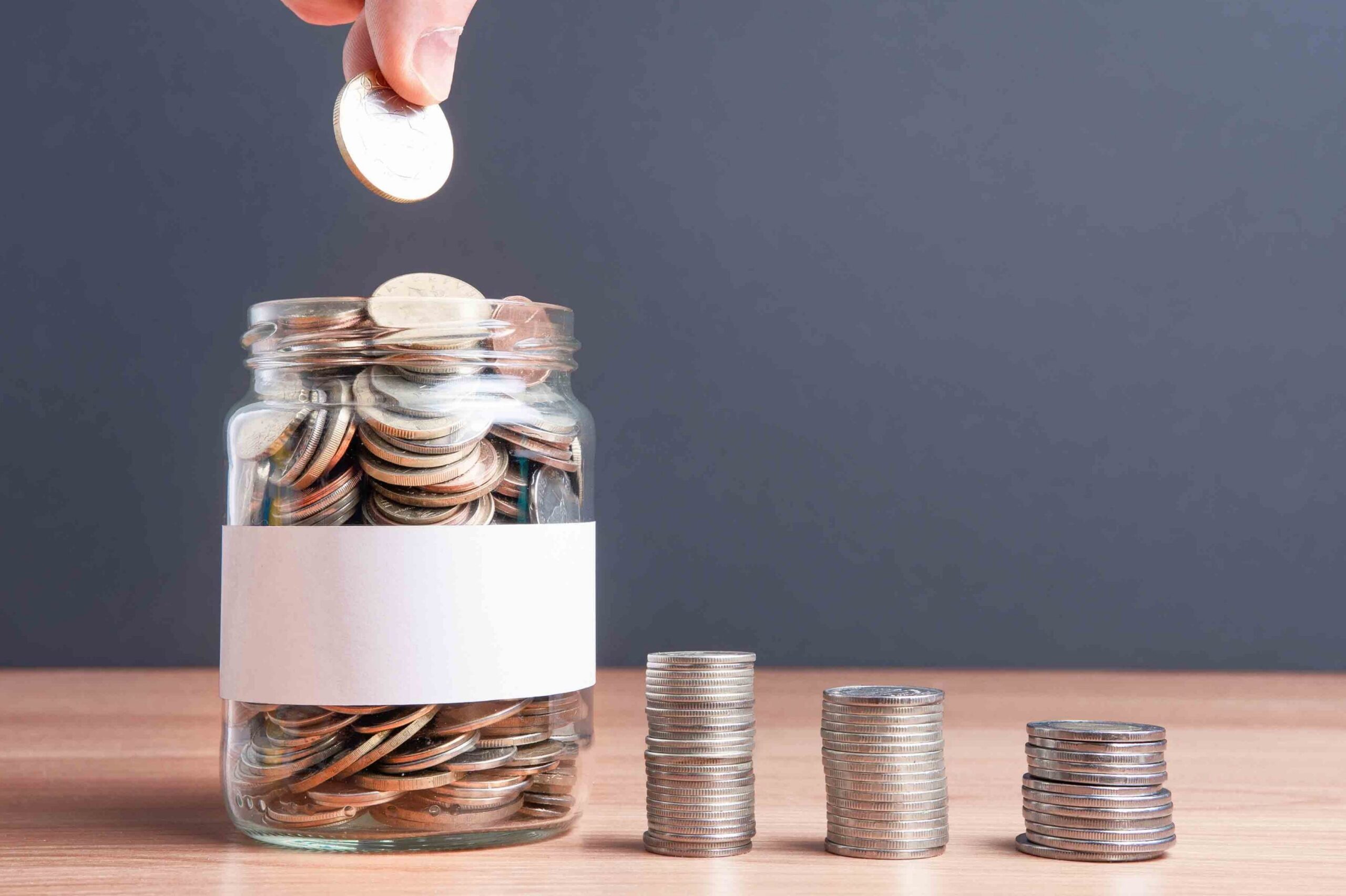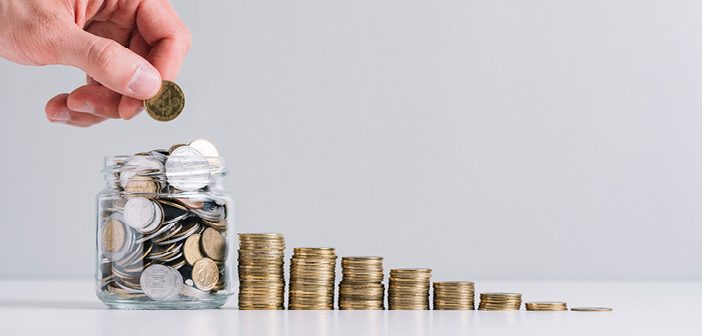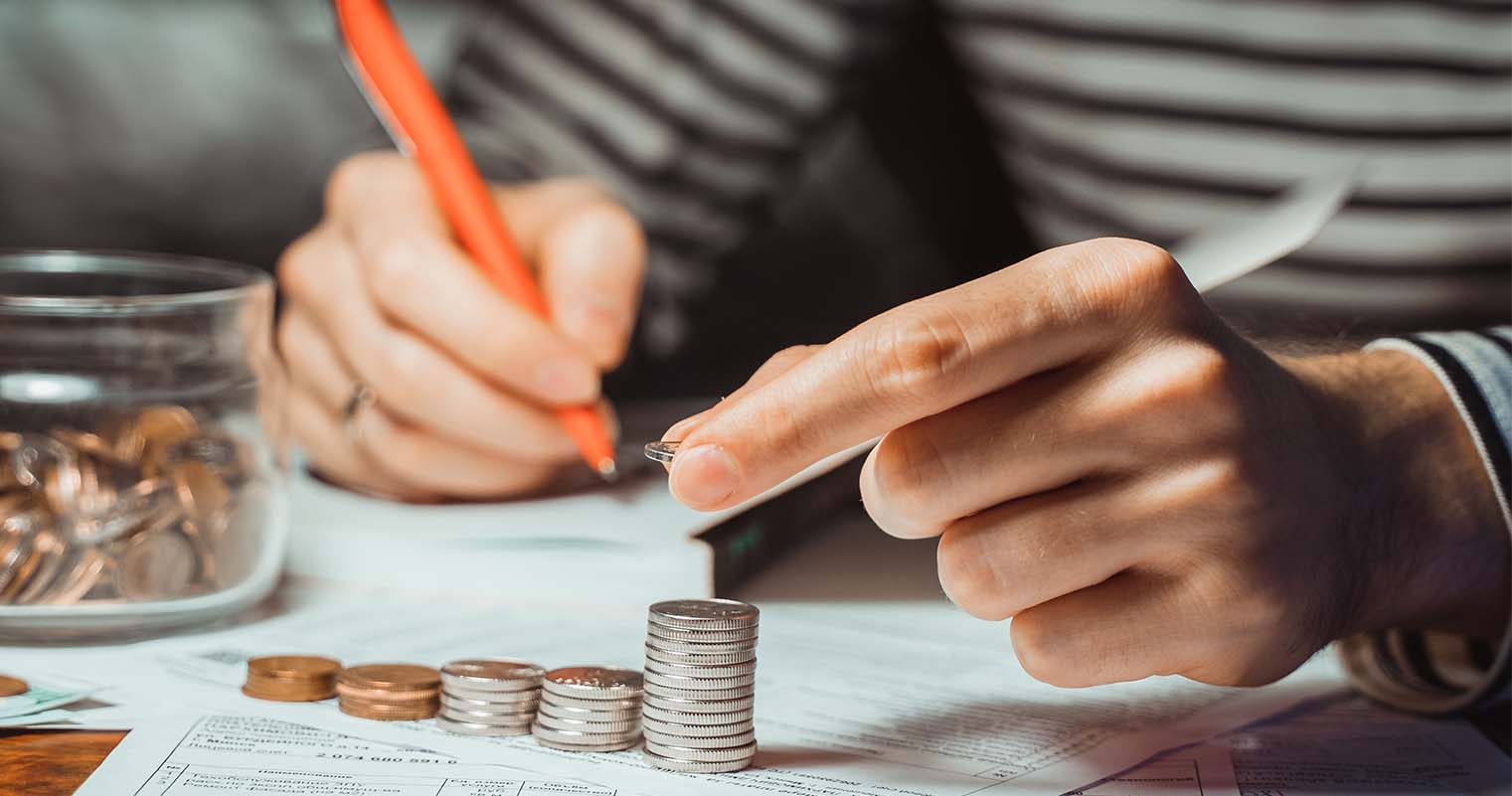What’s The Role Of Emergency Funds In Financial Stability?
Emergency funds have a crucial role in financial stability in every situation. The purpose of this fund is to ensure that in times of any personal or general crisis; It means putting money aside in order not to rely on loans, credit cards, nosy neighbors, and stingy relatives, and not to ask to borrow money from them.
It means having money at hand that can be accessed immediately.
Situations where emergency funds are required;
- Dismissal,
- Unforeseen damage to the house or car,
- Unexpected health problems and dental problems,
- All kinds of troubles or troubles that life brings us,
- There may also be a surprise brought by the storks.
Why Is Having An Emergency Fund Essential For Financial Security?

In this article, I will first examine what an emergency fund is and what it is not. Afterward, I will tell you whether I need to create one or not.
Simply put, an emergency fund: Means that people keep aside money so that they can sustain themselves in any difficult situation (such as dismissal from work, serious illness, etc.) so that they do not rely on credit cards or loans.
Thanks to the emergency fund, we can meet our very important needs in the short term without having to borrow money on a credit card and without disrupting our future financial structure.
There are some benefits to keeping an emergency fund aside. Unexpected emergencies are one of our biggest sources of stress. An emergency fund gives us confidence in unexpected situations. It provides movement space and saves time. When you have money on the side, you become less stressed.
It is easier to spend money if it is visible. If I had ten thousand bucks aside, I’d find somewhere to spend it. No problem, but just use it for emergencies! If I keep it aside, I won’t waste it in frivolous places. I have to keep it away from my eyes.
By bad financial decisions, I mean taking out a loan from the bank, taking money out of a credit card, or worst of all asking relatives for money. Their interest, commission, and gossip can be very high. We also don’t have to sell our shares at low prices in times of recession!
How Can You Calculate The Ideal Size Of Your Emergency Fund?
Let’s divide emergency funds into two. The money you have at your fingertips without any intermediary (bank, etc.). You can also call this the money you keep in your wallet.
I care about this because, in this environment where everything is digital, I started to carry almost no cash. I didn’t keep any cash because there were ATMs everywhere and credit or debit cards could be used in almost every corner. But now I keep 200-300 Dollars in a corner of my wallet, just in case.
A longer-term emergency fund: This means keeping aside money that will last us for months in case of emergencies such as an illness or job loss. This rate varies from person to person and expert to expert.
But the general opinion is to keep aside at least three months’ worth of basic expenses. In other words, a family with a basic expense of 2,000 Dollars should keep at least 6,000 Dollars aside for any undesirable situation.
You can say, “Hey buddy, I have a credit card, I have an additional account, I have an unlimited limit in the bank, I have a father.” But this fund should be prepared considering the worst. The main goal is to ensure that your financial goals are not undermined.
What Types Of Unexpected Expenses Should Emergency Funds Cover?

When we think of an emergency fund, we should not think of our salary. In emergencies such as unemployment, we can reduce our luxury expenses.
Expenses that the emergency fund should cover include:
- House Expenses,
- Food,
- Bills,
- Debts,
- personal expenses,
- Transport,
- Health expenses.
Expenses that should be excluded from the Emergency Fund:
- Entertainment,
- Meals eaten outside,
- holiday in Maldives,
- These are expenses like shopping crises.
Can You Share Real-Life Situations Where Emergency Funds Made A Difference?
The first thing we should pay attention to in terms of financial awareness is to separate the amount we will save from our monthly earnings. As I said before, this amount may vary depending on our income and debts that month.
Let’s give two different examples for this situation;
Let Alex be a middle-level manager at company X. Let’s consider the monthly income as 2500 Dollars. Normally, the amount to be allocated for savings constitutes 10% of the income. In other words, Mr. Alex can allocate a maximum of 250 Dollars as an emergency fund. This amount may be 250 Dollars one month, and 150 Dollars the next month. This completely depends on the person.
Let’s assume that Ms. Julia works as a civil servant in a public institution. Let his monthly income be 3000 Dollars. Here we can see that according to the 10% rule, he should allocate 300 Dollars.
But let’s say Ms. Julia took out a home loan recenDollarsy. And leave only 100 Dollars to spare. In this case, we can adjust the savings amount for that month according to your monthly payments.
What Are The Best Practices For Building And Maintaining An Emergency Fund?
You should not create an emergency fund when you have a loan when your credit card debt exceeds your debt, when you withdraw money from an additional account, or when paying off your loan debts to the credit dormitories institution (which you had a sweet meal of while going to university).
Because the interest on these debts will most likely exceed the return of this emergency fund. The first goal of people who set out to retire early is to clear their debts before investing and not to get into debt again (except for mortgage).
Those on fixed incomes, such as civil servants, may think they do not need an emergency fund. They should also keep an emergency fund, something could happen to us at any time. Those who do not have a fixed income or job security need to keep more money aside.
Now let’s look at where a larger fund could help us:
- In times of recession and crisis,
- If we work in a job where we are likely to be laid off,
- If we do not have a stable income (if we are tradesmen or work in daily jobs),
- If we are a Dividend Retiree (our income is focused on dividends and in case of a sudden dividend decrease, we may need to get through that year without selling shares).
See you in the next post,
Anil UZUN
